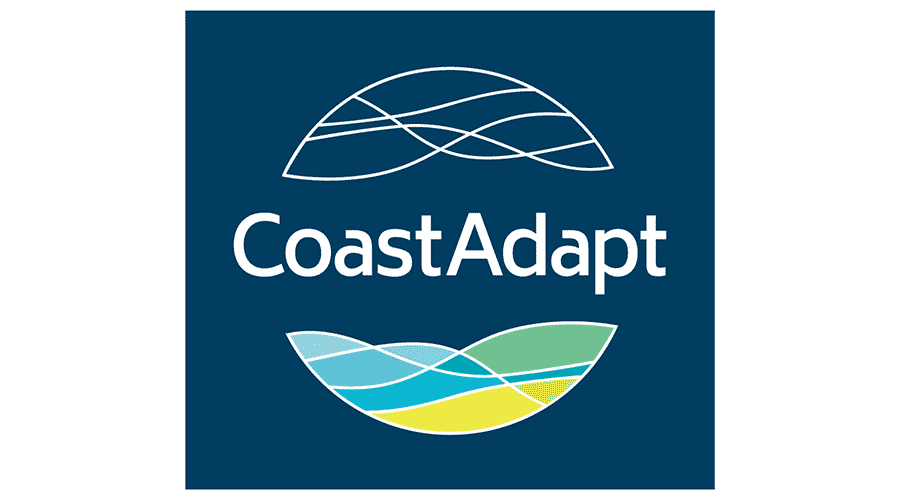CoastAdapt: A climate risk management tool for coastal Australia

Platform summary
CoastAdapt is an online coastal climate risk management framework developed by the National Climate Change Adaptation Research Facility (NCCARF) to support adaptation to coastal climate change and sea-level rise.
CoastAdapt includes tools and information on the science of climate change, risks, effective response options, and likely costs of action. It makes use of national data sets and research outputs developed over the past 5 years by Australian scientific organisations and includes clear guidance on good practice and links to case studies.
Host organisation: CoastAdapt was developed by NCCARF, a research facility based atGriffith University.
Launch date: 2017
Update status: Last update in January 2020
Funding: Development was funded by the Australian Government. There is no funding for on-going management which has to be done in the margins of other activities.
Team: The CoastAdapt team is composed of 3-4 people, mainly updating information about climate change and about regulatory/planning legislation frameworks, as well as fixing broken links and keeping the data portals functioning.
Main functions:
- Raising awareness on the need for climate change adaptation
- Providing guidance on how to undertake adaptation
- Providing quantitative data for adaptation decision-making
- Providing decision-support tools for adaptation decision-making
- Sharing adaptation solutions and case studies
Intended audiences:
- City and regional-level decision-makers
- Local government
Focus sectors for the platform:
- Coastal planning
Why the platform was established
The Australian Government recognised that coastal local governments were poorly prepared in terms of both knowledge and tools to manage the impacts of climate change and sea-level rise. CoastAdapt was seen as a way to raise adaptive capacity and incentivise action.
(0) Comments
There is no content